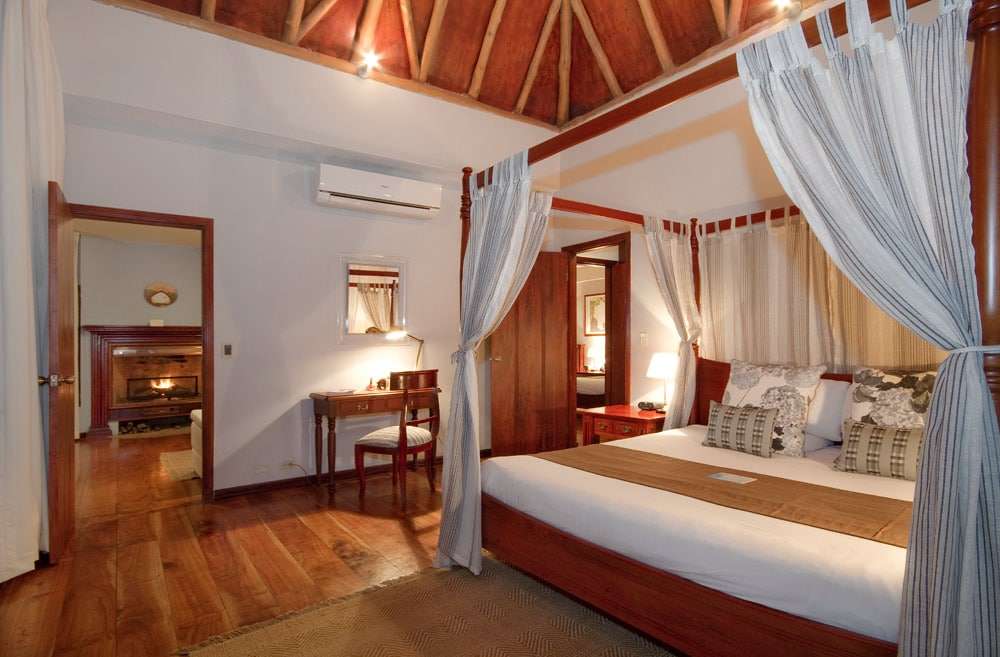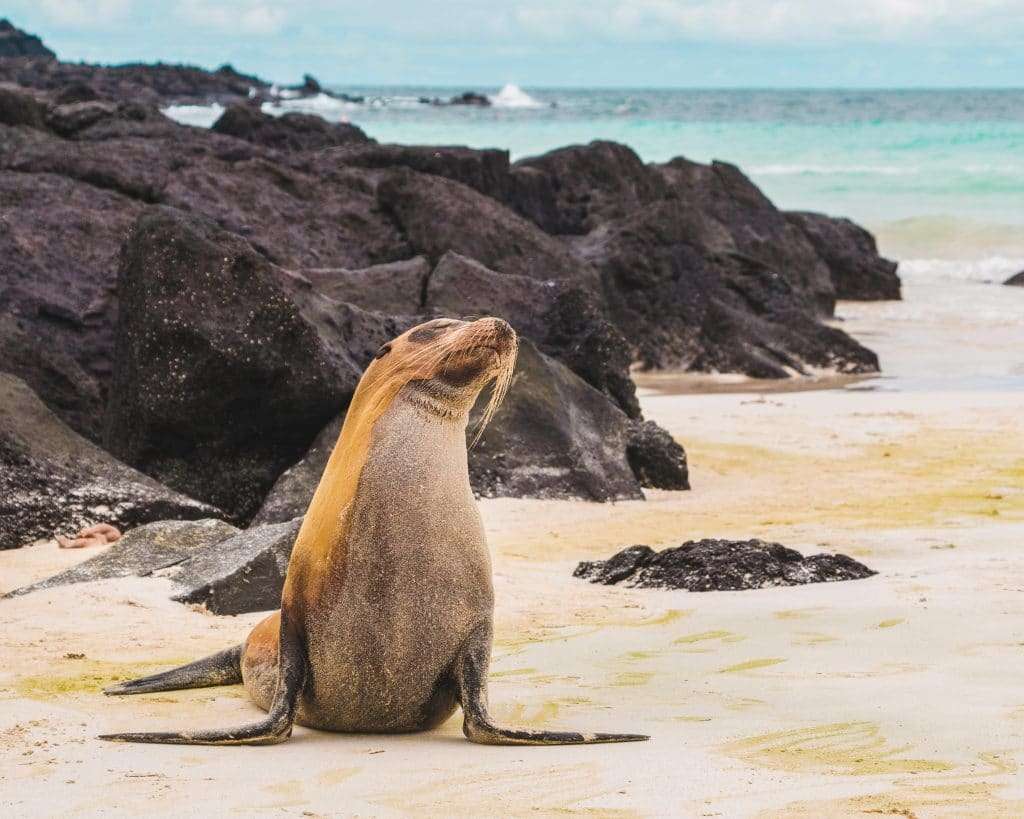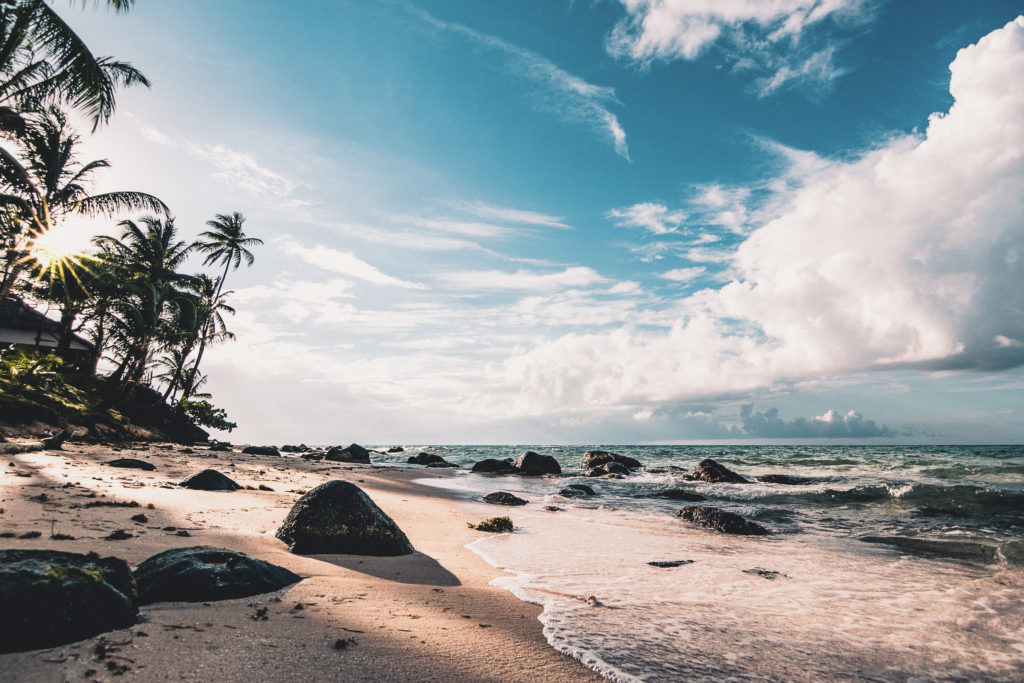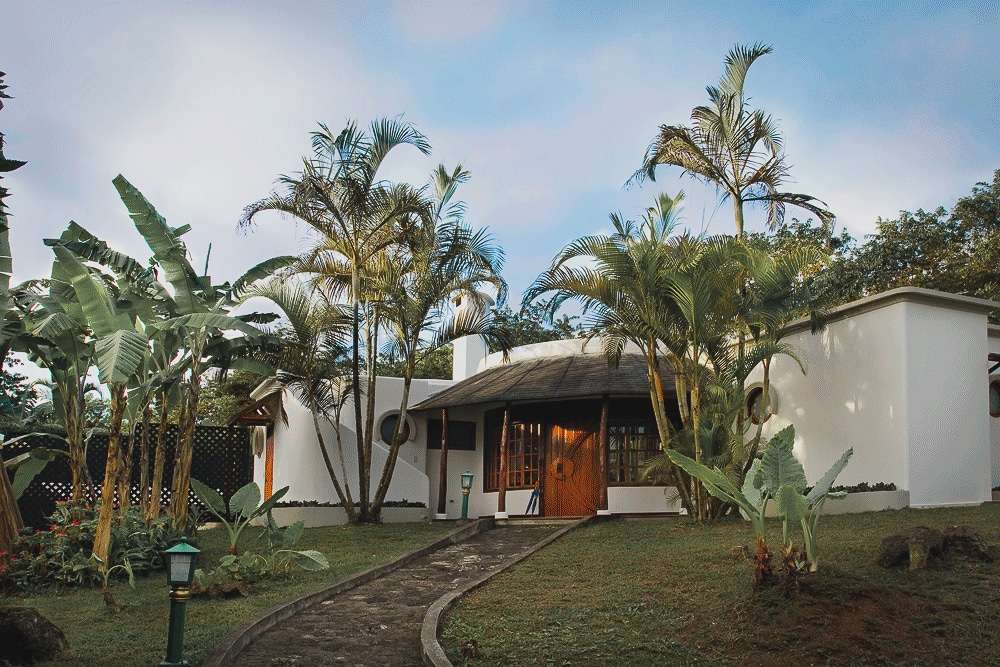Responsible tourism can be tricky. Hilton Hotels says it’s making it easier with the first franchise hotel location coming to the Galápagos Islands with a focus on conservation and environmental stewardship.
The renovated 21-room boutique Hilton is coming to the Santa Cruz island of the Galápagos in July, taking over the iconic Royal Palm Galápagos Hotel, as part of the Hilton’s boutique Curio Collection.
“The signing of Royal Palm Galápagos marks a momentous milestone for Hilton, our Caribbean and Latin America portfolio and the brand, as we welcome the sustainability-focused property to our growing Curio Collection of more than 115 one-of-a-kind hand-picked hotels and resorts around the world,” Juan Corvinos, senior vice president, development, architecture and design, Caribbean and Latin America, Hilton, said in a statement. “Nestled in a life-changing destination, this picturesque boutique hotel will offer guests a truly unique travel experience while continuing to protect and preserve the destination’s ecosystem.”
Royal Palm Galápagos Hotel
Expected to re-open this summer once renovations are complete, the hotel will maintain much of the Royal Palm Galápagos Hotel staff and its conservation efforts in the prized ecosystem. For more than twenty years, the Royal Palm Galápagos Hotel has helped its guests immerse themselves in the natural environment of the islands.

Santa Cruz island is a hub in the Galápagos archipelagos, home to Tortuga Bay, the Charles Darwin Research Station, and serves as a port for ecologically responsible cruising. The hotel is located on a secluded 160-hectare estate in the Miconia Highland Forests adjacent to the Galápagos National Park. It sits in a valley between two cinder cone volcanoes and features nine areas of geological interest including lava tunnels and craters. The world’s first UNESCO-designated World Heritage Site in 1979, the Galápagos islands, and specifically the national park, are valued for the unique collection of plants and animals, many of which are found nowhere else in the world.
The hotel is the only one in the region to have a Reforestation Program for Miconia and Escalesia—two important regional shrubs—as well as a Rain Harvesting program focused on preservation of the forest and reducing the hotel’s impact.
Sustainability in the Galápagos
“Sustainability is at the epicenter of the hotel’s ethos and woven into the hotel’s operations, engagement with guests and the community,” Hilton said in a statement.
The boutique hotel’s roots are in connecting guests to nature in immersive experiences. Nature permeates the property’s 21 casitas and villas “brimming with the charm of an Ecuadorian Hacienda,” according to Hilton.
“Guests can recharge at the estate’s picturesque pool, spa and fitness center, or enjoy the natural wonders of the Galápagos by experiencing one-of-a-kind wildlife encounters from green turtles to beautiful birds, while enjoying the highest level of comfort and services provided within the protected eco-sensitive location.”
The property also features the world’s only fine dining experience located inside a cavern in one of the property’s lava tunnels. “This once-in-a-lifetime experience gives guests a glimpse of the incredible forces that created the archipelago, while they enjoy a tasting menu inspired by local culture and ingredients,” the hotel says.

Along with the shift to becoming a Hilton property, the hotel is undergoing renovations that will see an emphasis on sustainable architecture and design, as well as the implementation of environmental programs including water reduction and recycling, a Plant-a-Tree Program, and growing much of its own fruits and vegetables. It has also partnered with The Galápagos Conservancy to feed and protect the critically endangered Floreana Giant Tortoise, and it’s working with The Nature Conservancy to protect native Ecuadorian fish species.
“At Hilton, we recognize that we have a critical responsibility to protect the communities where we serve, which is reflected in our ESG strategy, Travel with Purpose,” said Jean Garris Hand, vice president, global environmental, social and governance, Hilton. “We look forward to working with this legendary property to continue to protect this incredible destination, and to further programs that allow our guests to travel to locations such as this, sustainably and responsibly.”
Climate change impact
One of the canaries in the coal mine of climate change, the Galápagos Islands are particularly sensitive to climate change, resource depletion, and loss of biodiversity. It’s why actor Leonardo DiCaprio’s Re:Wild (formerly the Leonardo DiCaprio Foundation) donated $43 million last year to support conservation efforts on the islands.
The islands, located six hundred miles off of Ecuador’s coast, are home to the Galápagos penguin, Darwin’s finches, fur seals, marine iguanas, the giant tortoise, flightless cormorants, and lava lizards, among other unique species not found anywhere else on the planet.

According to the Galápagos Conservation Trust, climate change is impacting El Niño weather patterns, which the islands are particularly sensitive to. “This change in ocean temperature, although only slight, can have devastating effects on the wildlife populations in Galápagos,” the Trust says.
“El Niño affects the marine life of Galápagos in a powerful way, as it changes population numbers of almost all species in Galápagos in a short space of time. The slowing of the Humboldt current means the sea temperatures rise, reducing the growth rate and the abundance of algae and seaweed, the staple food source for many sea creatures, particularly the marine iguanas. While some species are able to migrate away from the Islands to find food, others cannot. Species like the flightless cormorant and the Galápagos penguin struggle to find food. Not only are they threatened by starvation, but they also stop reproducing. Climate change will also inevitably impact Galápagos’ communities, their livelihoods and the productivity of Ecuador’s commercial fisheries.”


